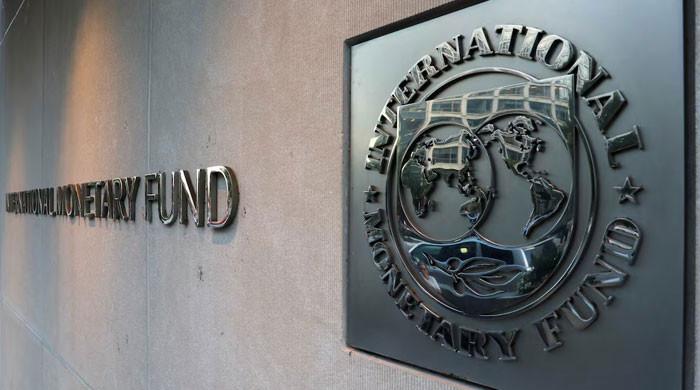Islamabad, Mar 27, 2025: An International Monetary Fund (IMF) delegation is set to arrive in Islamabad in early May to finalize Pakistan’s budget framework for 2025-26.
Discussions will focus on taxation policies and expenditure management to ensure economic stability.
The IMF Executive Board is expected to approve around $2.3 billion within the next six weeks, with funds likely to be disbursed between late April and early May.
Pakistan previously secured a staff-level agreement (SLA) with the IMF, covering a $1 billion installment under the Extended Fund Facility (EFF) and an additional $1.3 billion under the Resilience and Sustainability Facility (RSF).
The government has pledged to implement strict fiscal measures, including tax reforms such as the taxation of agricultural income and tighter monetary policies to support economic growth.
Revised Tax Collection Targets Raise Concerns
The IMF has adjusted the Federal Board of Revenue’s (FBR) tax collection target for the fiscal year 2024-25, reducing it to Rs. 12,334 billion.
This revision raises concerns about next year’s goal, which may range between Rs. 14,500 to Rs. 14,600 billion.
Read More: FBR Reports 29.4% Surge in Direct Tax Collection for H1 FY25
To meet this target, Pakistan may need to introduce additional taxes amounting to Rs. 1,000 to Rs. 1,200 billion.
Focus on Energy Reforms and Economic Liberalization
The agreement between Pakistan and the IMF also emphasizes reforms in the energy sector, improved governance of state-owned enterprises (SOEs), trade liberalization, and measures to enhance climate resilience.
Prime Minister Shehbaz Sharif hailed the agreement as a significant step towards economic progress and dismissed opposition fears regarding any new mini-budget.
Meanwhile, Finance Minister Muhammad Aurangzeb has hinted at the potential issuance of Panda Bonds denominated in Yuan to tap into China’s financial markets.
This move could open new avenues for capital inflows and strengthen Pakistan’s financial stability.
With these economic measures in place, Pakistan aims to stabilize its fiscal structure while addressing key financial challenges.
